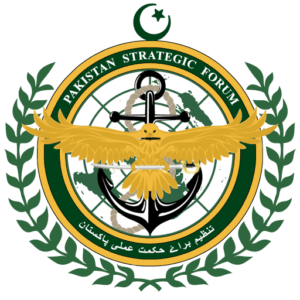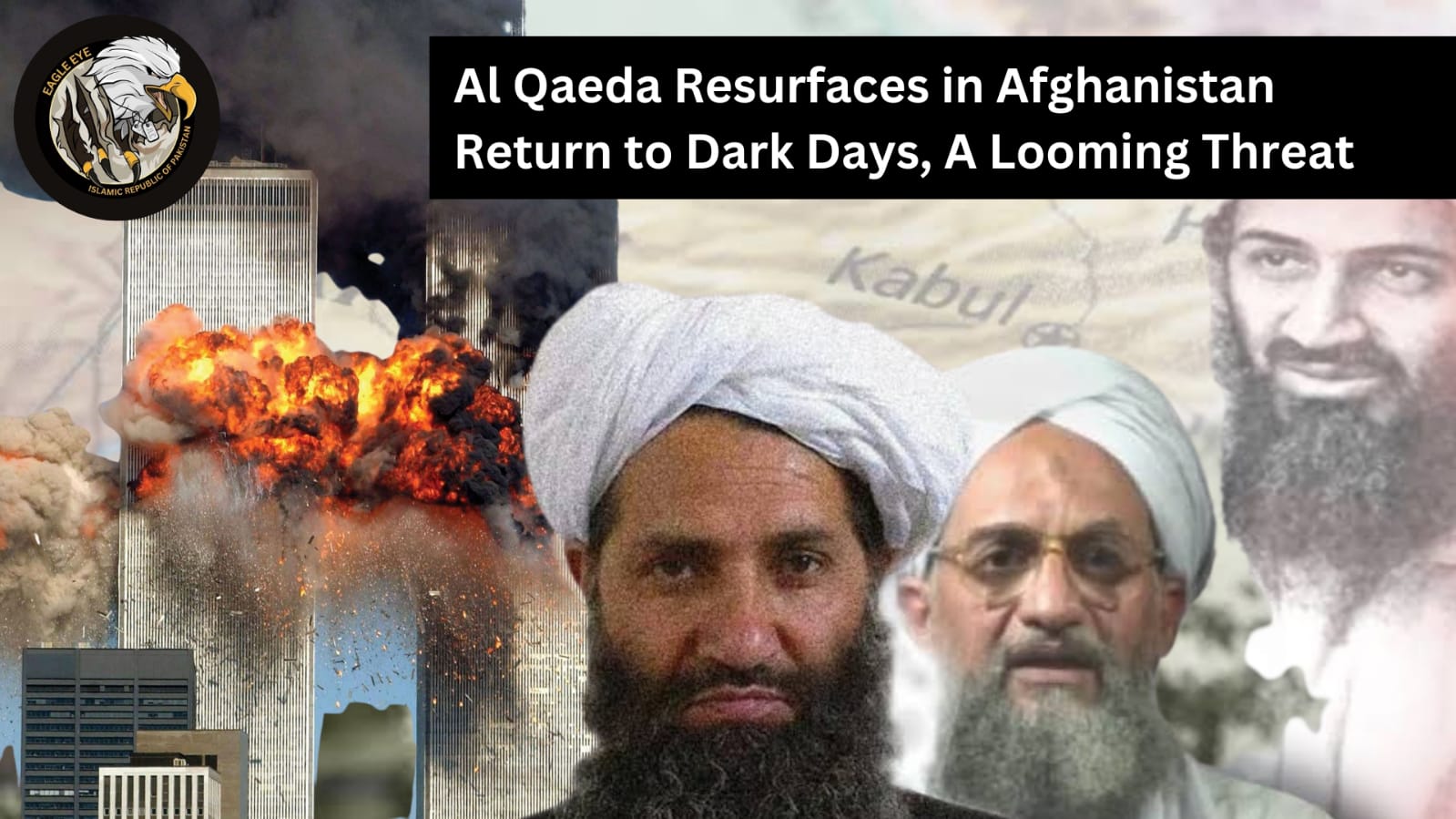In contemporary times, Europe has been under the cloud cover of Islamophobia since the 9/11 attack, which instigated resentment, prejudice, and fear in western society against the Muslims. Since 9/11 religion has been widely exploited by various religion-oriented groups to portray their political agendas and has set forth current patterns of global terrorism. Religion has been used as a tool to justify violent acts. Many radical Organizations have used religion to propagate violence and to gain world attention. The stream of violent activities has generated and inculcated an element of fear amongst the global society. A strong narrative was needed to tackle terrorism but unfortunately, it was all centered-on terrorism-related to Islam and Muslims. This narrative got popular when was presented by different western governments. The narrative of “Islamic Terrorism”, which ultimately led to the development of an element of fear amongst the non-Muslims as well as non-religious segments of the society. This consequently developed an Islamophobic mindset within the members of society, particularly in the West. Hence, Islamophobia penetrated deep into the society eventually people started reflecting Islamophobic attitudes and behaviors. Now this phenomenon is reaching another level, where it has turned into a structural one, now such states are discriminating and marginalizing their own minority Muslims and France is no different, Islamophobic gravity also developed in France with ever-evolving intensity.
Islamophobia in France
Islamophobia has historic roots in France. As the state formulated a political structure derived from an ideology, which significantly separated the state authority from the Church. The clash between secularism and religion got more serious within French society. But now this ideology of Secularism on which the foundation of modern France is stanEuropeding is collapsing. This idea of separation between state affairs and religion developed a notion to eliminate and disqualify Muslims from participating in state affairs. However, the French society has been heterogeneously constructed following the fall of the French empire as there was an influx of immigrants from North, West Africa, and other Middle Eastern countries. The French society and the power structure have not been able to integrate the Muslim community ever since and developed a prejudice against them because the French society has always perceived Islam and Muslims as a threat to their security, ideology, and values Although, the Muslims constitute approximately 8 percent of the population, yet the resentment is reflected in biased and discriminatory policies against the Muslims. In France, systemic violence started to victimize and detach Muslims when in the year 2015 the French Court did not pay heed to the Muslim case which involved dietary restriction of Muslim students in Public schools and to provide them with alternatives of pork for lunch. Followed by a series of restrictions meant to target Muslims-including a ban on burkinis, headscarves in public places and schools, etc. Broad victimization of Muslims in the French society and suppression of their freedom of life, expression, and beliefs puts in to question the portrayal of rule of law and secularism, depicted in the state’s structural framework.
Macron and Islamophobia
During the 2015 terror attacks in Paris, President Hollande declared a state of emergency. Due to which the Muslim minority suffered abuses as reported by various Human rights organizations. Moreover, there has been a subsequent rise in hate crimes. The French Human Rights Commission reported a rise in Anti-Muslim hate crimes. A new stream of Islamophobia emerged after the killing of a teacher by a suspect of Chechen origin on October 22, 2020 and inflicted an air of grief amongst the Muslim community. Right after the incident French President, Emmanuel Macron targeted the Muslim section of the society and devised a collective punishment. This further alienated and stigmatized the Muslims in France as Macron declared a crackdown on “Radical Islam” by potentially dissolving French Muslim Associations, restricting financial funds for mosques, limiting homeschooling, and by devising the certification of Imams. Macron’s anti separatism bill is not an attempt to secure French secularism but is an attempt to restructure and rebuild Islam in the society which aligns with what Macron considers as “French Values”. This is nothing but another attempt to exercise Islamophobic practices using the name of Secularism. This would consequently deepen the divisions in the heterogeneous society. Macron’s anti-Muslim policy has not been perceived well domestically as well as internationally. His speech received black lash from political leaders of Pakistan, Canada, and Turkey. Tayyip Erdogan proclaimed it as a fascist attempt. While many Muslim countries followed the path of boycotting French items to condemn the Islamophobic act. Whereas, at the national level about fifty civil societies and academics condemned the act. This also has a political dimension as Macrons wants to secure the support of the Far-right in the coming election and the only way he can do that is by selling this narrative of securing “French Values” and Secularism from Radical Islam. He poorly exercised his authority during the pandemic and in terms of economy and social security, however, Macron is legitimizing and rationalizing the use of anti-Islam principles as a tool to gain his political interests and public support. Penetration of Islamophobic elements into state policy would reflect instability in political and social aspects. And would set up the ground for legitimatized use of violence by one group against another, breeding sources of conflict like nonacceptance, discrimination, resentment, hostility, and chaos. Hence, the policies might implicate greater French interests but would polarize and divide society disrupting the social order in the future.
Author: Aiza Tanveer
About Author: Aiza Tanveer is a student of BS Peace and Conflict Studies at National Defense University, Islamabad. She has keen interest in global political affairs and rising contemporary conflicts in various regions of the world. Moreover, she wants to explore the future scope of peace and stability.
Note: The views expressed in this article are the author’s own and do not necessarily reflect the editorial policy of Pakistan Strategic Forum.
#TeamPakistanStrategicForum






